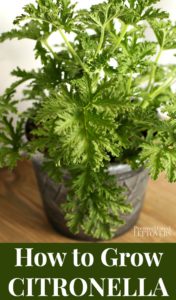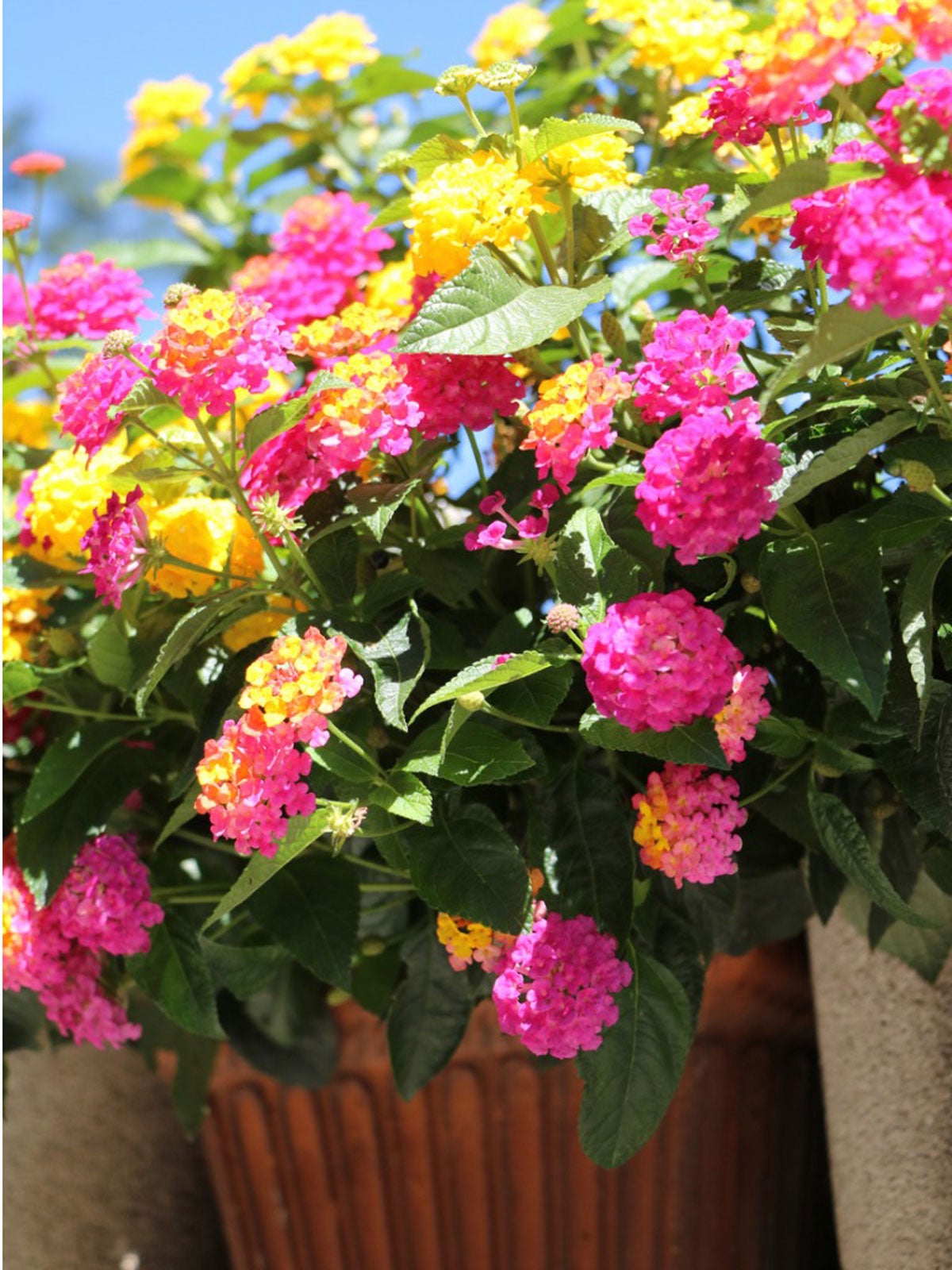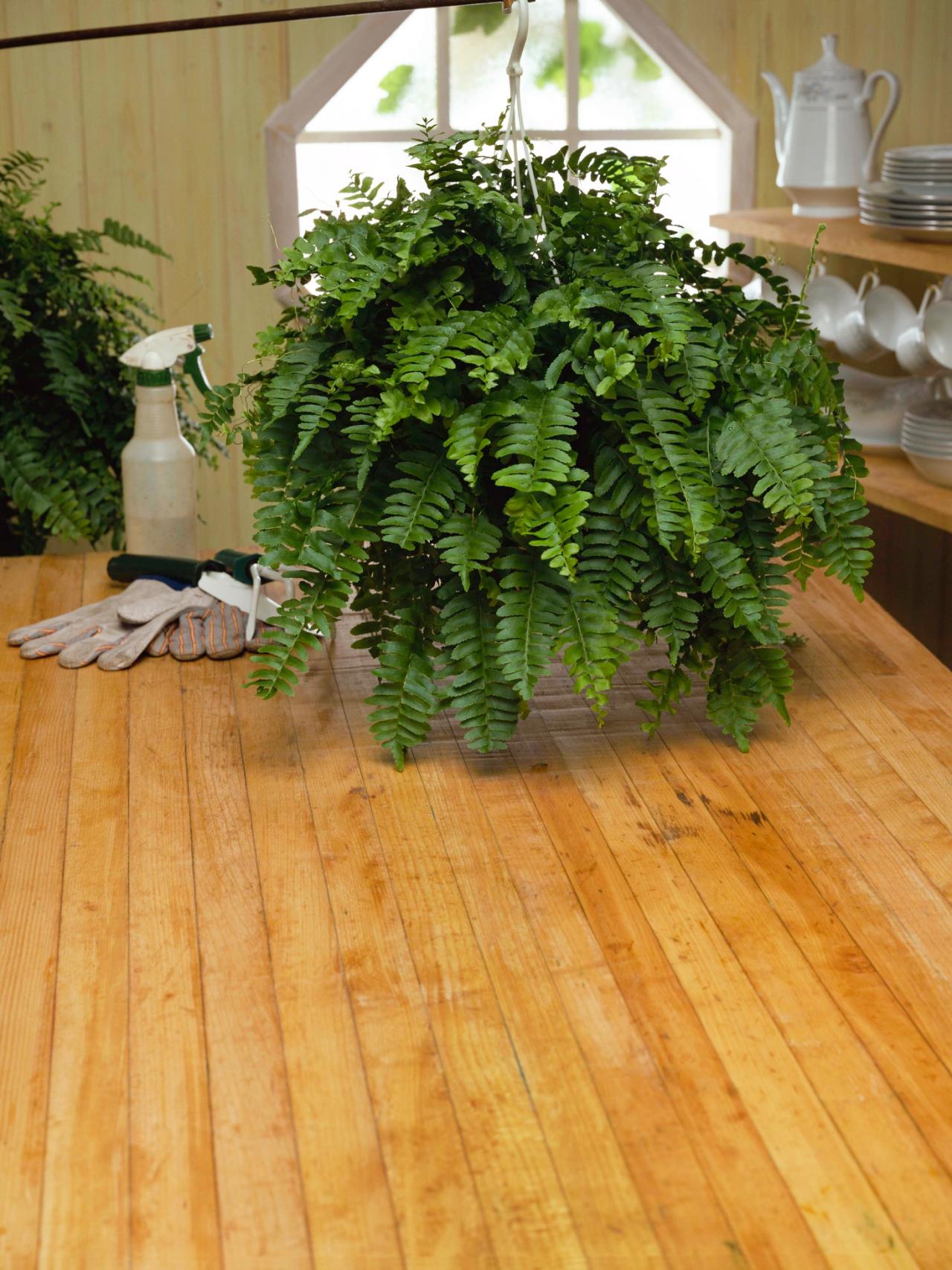This time, we’re going to talk about How To Care For Citronella Plants In Pots Outdoors. There is a lot of information about Citronella Plant Indoor on the internet, of course. Social media are getting better and better quickly, which makes it easier for us to learn new things.
Citronella Plant Care Indoors and Citronella Plant Repel Mosquitoes are also linked to information about Citronella Plant Zone. As for other things that need to be looked up, they are about How To Propagate Citronella Plant and have something to do with Growing Citronella In Containers.

14 Things You Should Know About How To Care For Citronella Plants In Pots Outdoors | How To Propagate Citronella Plant
- The most commons problems you will have with the citronella plants are leaf spots. It’s an issue related to overwatering. If you notice dark spots in the foliage, hold off the water until the soil goes dry. In many cases, leaf spots are accompanied by root rot. If the problem doesn’t go away after you let the soil dry, you might have to repot the plant after trimming the damaged roots. - Source: Internet
- As with most flowering plants, your citronella plants need a dose of plant food supplements both during the growing and flowering cycles. A well-balanced fertilizer will give your plant all the nutrition it needs to grow robust foliage, fight off diseases, and produce fragrant blooms in the summer. For best results, fertilize the plant in the early spring and once again the middle of summer. The recommended dose is one tablespoon of fertilizer for every square foot of soil. Avoid adding the fertilizer near the stem of the plant to prevent burning it. - Source: Internet
- A very common solution is citronella. Some suggest planting the citronella plant next to your patio to keep mosquitoes away. Others rely on citronella candles. These solutions are just myths. - Source: Internet
- The citronella plant (Pelargonium Citronella) has leaves that look very much like parsley. In the summer months, this evergreen perennial grows lavender flowers which spread that citrus fragrance that gave it its name. The flowers look like geraniums and their scent grows strong in the summer evenings. - Source: Internet
- Despite their pleasant scent, you should be careful around the mosquito plants especially if you have pets. These plants are toxic and can cause health issues to both cats and dogs. If your cat or dog comes in contact with the leaves of the citronella plant, they might get dermatitis. Eating the leaves in small quantities can give them an upset stomach while ingesting large quantities would kill small animals. So always keep it out of reach of animals and children. - Source: Internet
- The spot you choose for your citronella plants should get at least 6 hours of sunlight every day. The south and west parts of your garden are ideal spots to grow this hardy perennial. The same rule applies to indoor plants. They should be near a window that gets plenty of sunlight every day. Make sure the soil is well-drained. - Source: Internet
- Dig a hole in the soil that’s twice the size of the pot where the seedlings grew. Place the seedling with a clump of soil around its rootball into the hole and fill it with soil. Make sure the top roots are level with the soil. Also, space the citronella plants about 16 inches apart to allow them to grow without competing over space of nutritions. - Source: Internet
- Many evergreen perennials need special care in the cold winter months. And the citronella plant is no different in this respect. When the weather changes and the temperature drops, it’s time for you to move your mosquito plant container inside. They should stay there sheltered from the elements until the last frost has passed. - Source: Internet
- Research in North America has confirmed that citronella oil is effective and the oil is registered as an insect repellant in the US. Studies in the EU failed to validate its effectiveness and they have banned the product as an insecticide.We must conclude from this that “we don’t know if it works”, but if Europe can’t find any evidence that citronella oil works, I tend to be skeptical. - Source: Internet
- Let’s first consider the plant itself. If the aroma from the plant wards off mosquitoes, then this would only work for you if you are sitting in or right next to the plant. The reality is the amount of chemicals given off by plants is very small. You will smell them most when you brush against them or you crush a leaf. Growing the plant will have almost no effect on mosquito control. - Source: Internet
- The citronella plant is one of the most pleasant plants to grow in your garden. It has a citrus-like aroma and rich and colorful foliage. This same aroma is the reason the citronella plant has been known to repel mosquitoes. Although there’s no scientific basis for these claims, the citronella plant got the name the mosquito plant from this common misconception. - Source: Internet
- While the citronella plant has USDA hardiness zones between 9 and 11, they need special care and attention to grow successfully in cool climates. If you worry about the weather conditions in your area, then you should stick to growing the mosquito plants in containers. Keep in mind that you’ll need to harden the seedlings you grew in the first step before you move them to their permanent place in the garden. - Source: Internet
- For plants in beds that cannot be moved, make sure to cut them back in late September or October depending on when you expect your first frost. Then cover the beds with mulch to keep the soil warm. If you fear your citronella plants won’t survive the winter, you can dig them out and plant them in containers. Make sure to take out the plant with the clump of soil that protects the roots. Plant them immediately in the containers and water the soil. - Source: Internet
- Pruning the mosquito plants will become a regular chore once these hardy perennials reach maturity. While on average the fully grown citronella plant can reach between 2 to 4 feet, if you don’t take the pruning shears to it, this growth can become unmanageable. Many horticulturalists like to snip or pinch new growths to encourage the plant to become bushy. - Source: Internet
 Here are a few tips to help you find information about Citronella Plant Care: How To Grow Mosquito Plants:
- Look for good places to get information about Citronella Plant Care: How To Grow Mosquito Plants. This can be done in libraries, on websites, or even by paid journalists.
- When looking for information about Garden Myths - Learn the truth about gardening, it's important to know that there are different kinds of online sources, like Google and YouTube. Social media sites like Facebook and Twitter are also good places to look for information about Citronella Plant Care: How To Grow Mosquito Plants.
Here are a few tips to help you find information about Citronella Plant Care: How To Grow Mosquito Plants:
- Look for good places to get information about Citronella Plant Care: How To Grow Mosquito Plants. This can be done in libraries, on websites, or even by paid journalists.
- When looking for information about Garden Myths - Learn the truth about gardening, it's important to know that there are different kinds of online sources, like Google and YouTube. Social media sites like Facebook and Twitter are also good places to look for information about Citronella Plant Care: How To Grow Mosquito Plants.Video | How To Care For Citronella Plants In Pots Outdoors
To get the best information about Citronella Plant Repel Mosquitoes, you should read to find out how true each source is.
This article has a few videos from different places about Garden Myths - Learn the truth about gardening that will help you learn more about it. The Internet is a great place to find out about a wide range of things.
## Here are some crucial points concerning Garden Myths - Learn the truth about gardening:- How To Care For Citronella Plants In Pots Outdoors
- Citronella Plant Care Indoors
- Citronella Plant Outdoor
- Growing Citronella In Containers
- Citronella Plant Care Outdoors

With so many websites and forums that talk about How To Propagate Citronella Plant, it shouldn’t be hard to find what you need.
Most people are used to getting information about Growing Citronella In Containers in a very different way than this. It lets you look at the information about Citronella Plant Indoor and how it can be used in more detail.
 ways to put information about Growing Citronella In Containers in a way that looks good and is useful. They can be used in business and marketing, and they can also be used to talk about Citronella Plant Repel Mosquitoes. So, we also give you some pictures about Garden Myths - Learn the truth about gardening.
ways to put information about Growing Citronella In Containers in a way that looks good and is useful. They can be used in business and marketing, and they can also be used to talk about Citronella Plant Repel Mosquitoes. So, we also give you some pictures about Garden Myths - Learn the truth about gardening.
In the end, this article gives a summary of Citronella Plant Outdoor. Also talked about are Garden Myths - Learn the truth about gardening and Citronella Plant Repel Mosquitoes, which you can use to compare how much you know about Citronella Plant Care Outdoors.